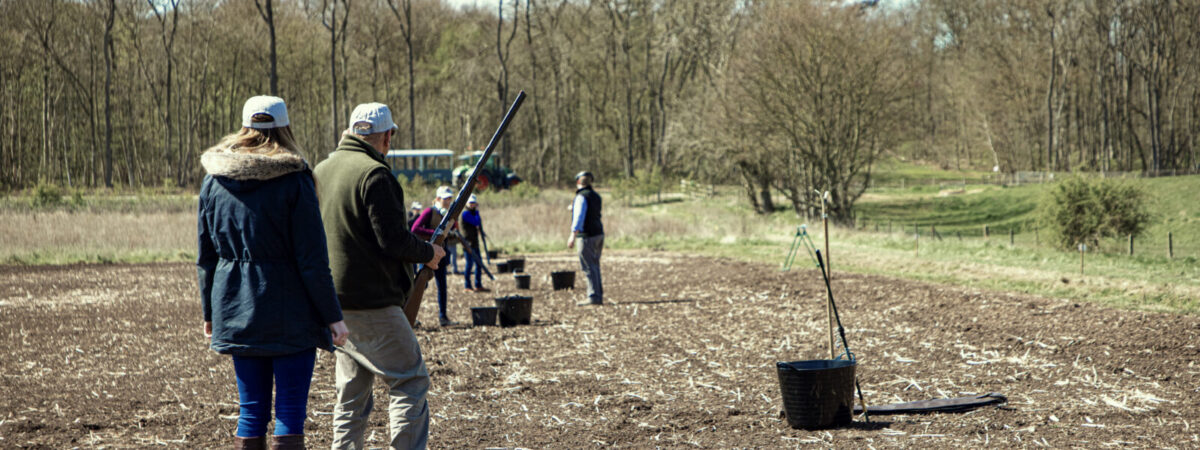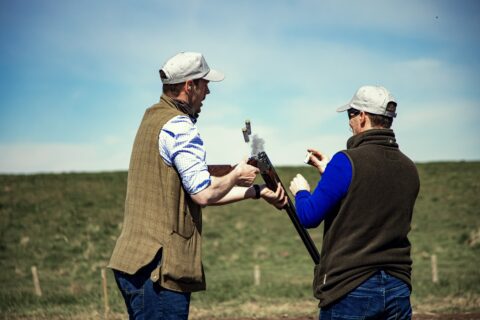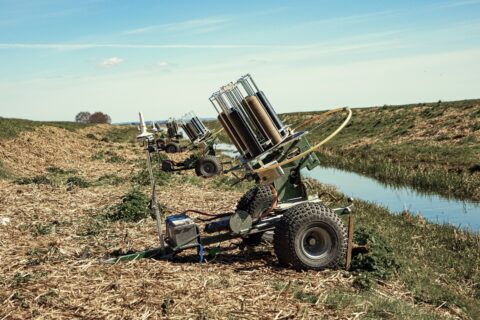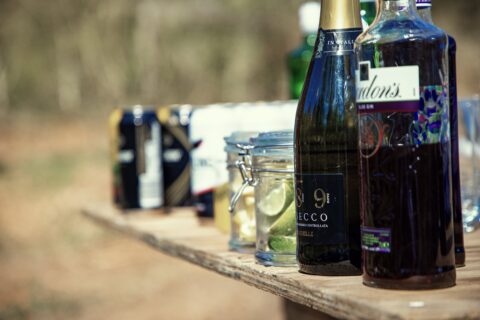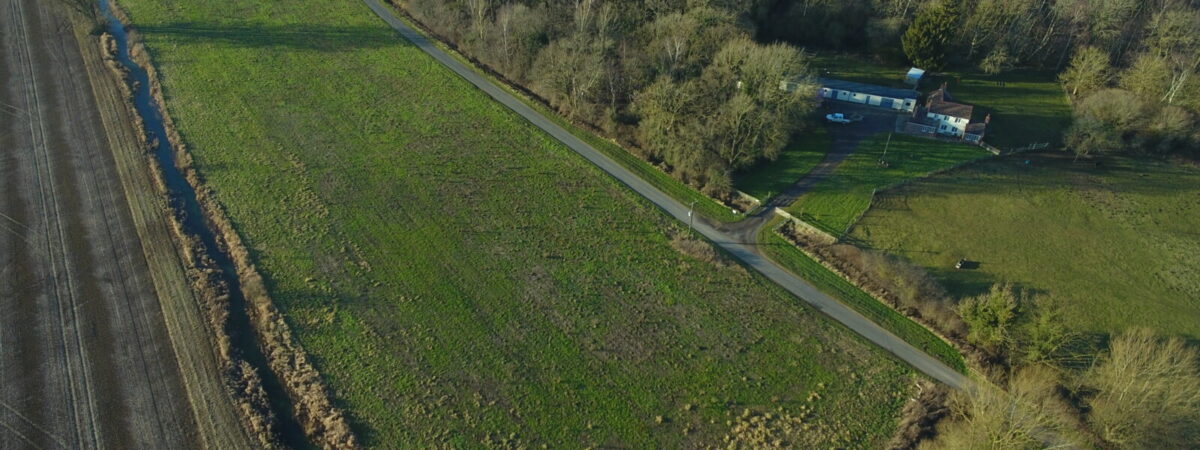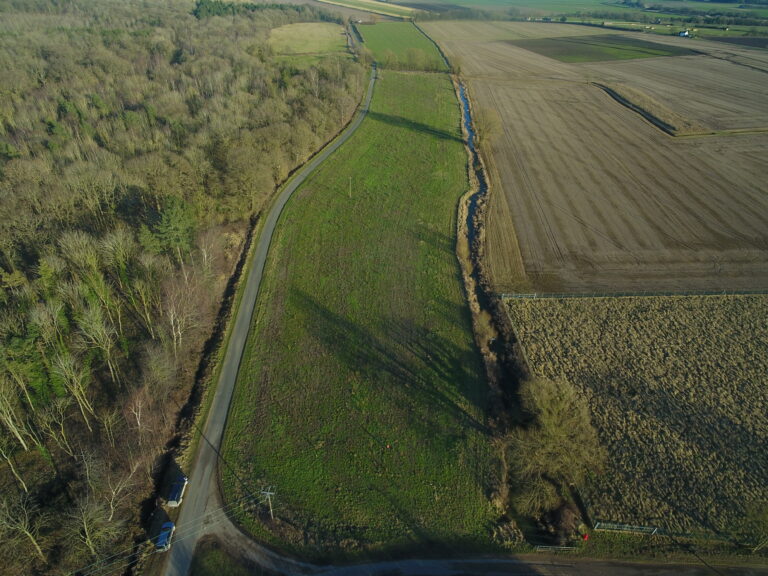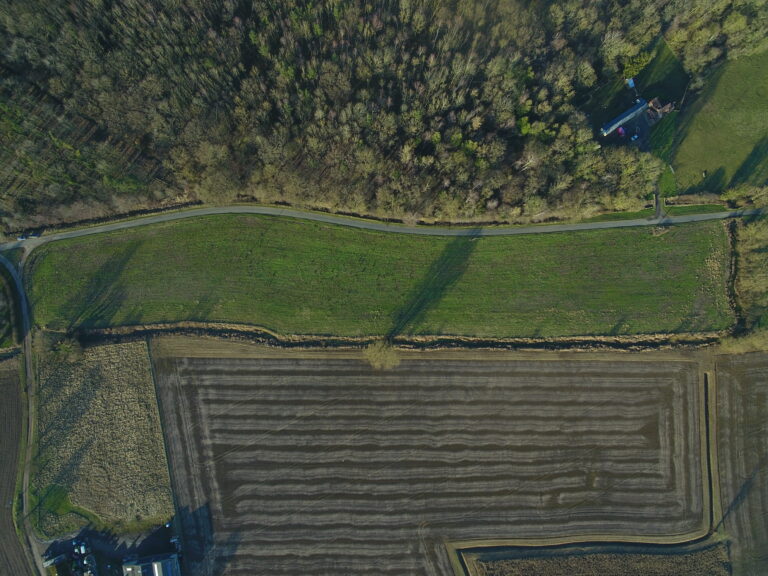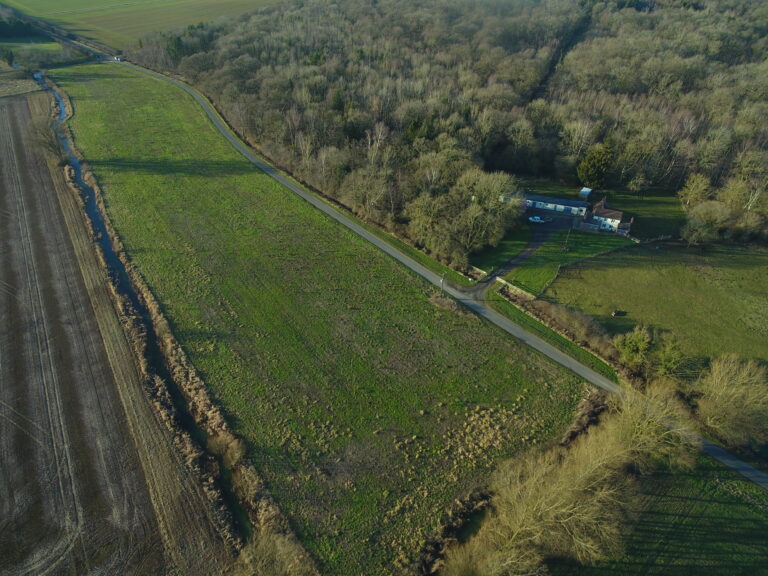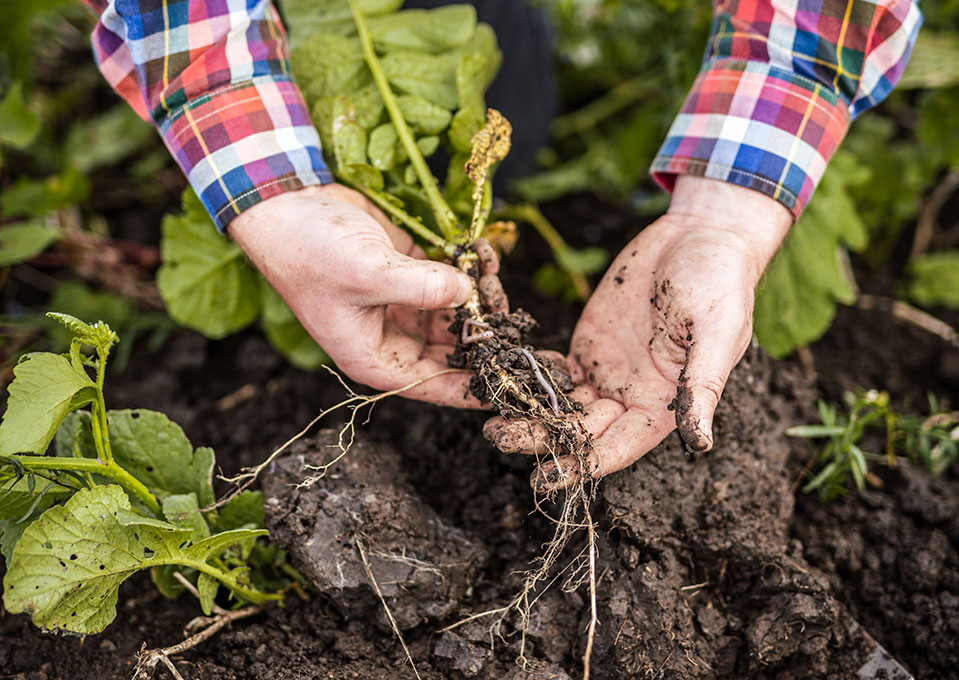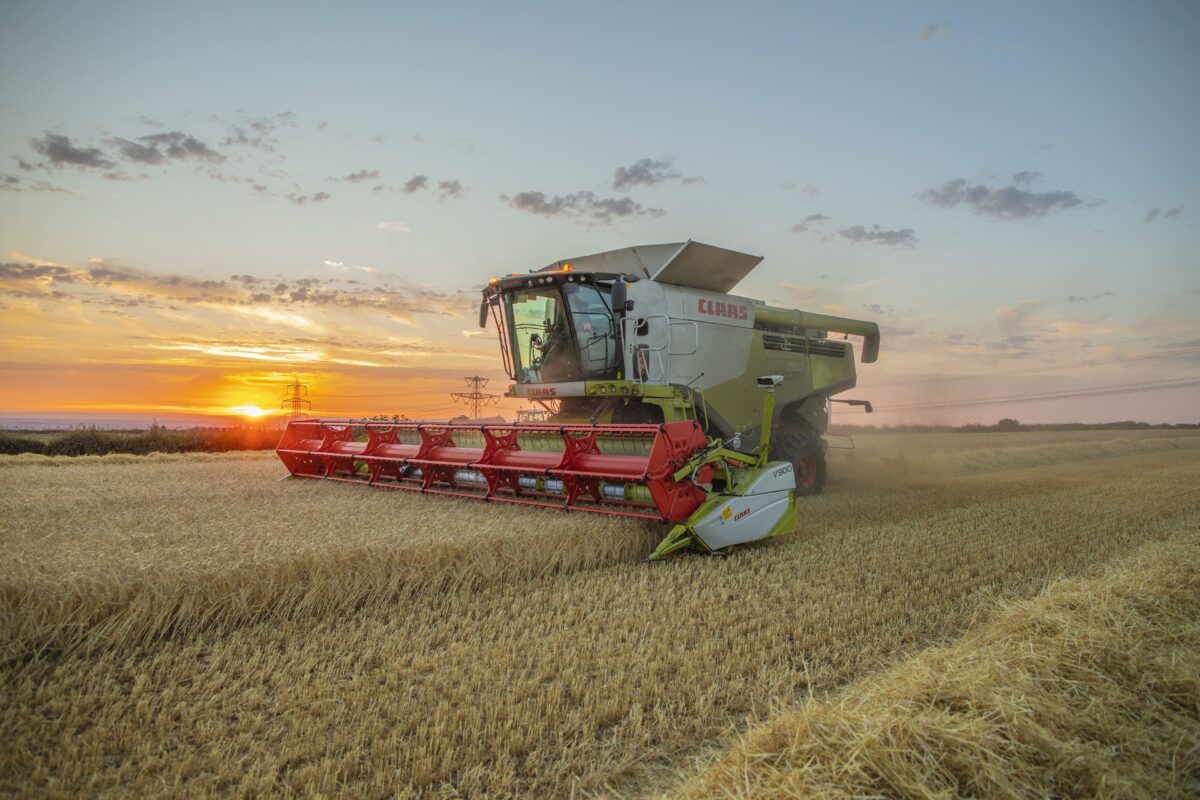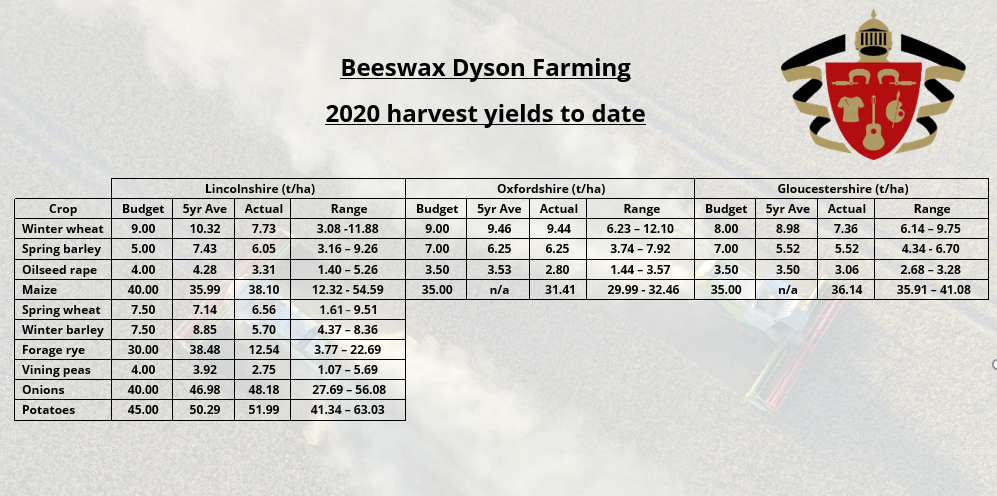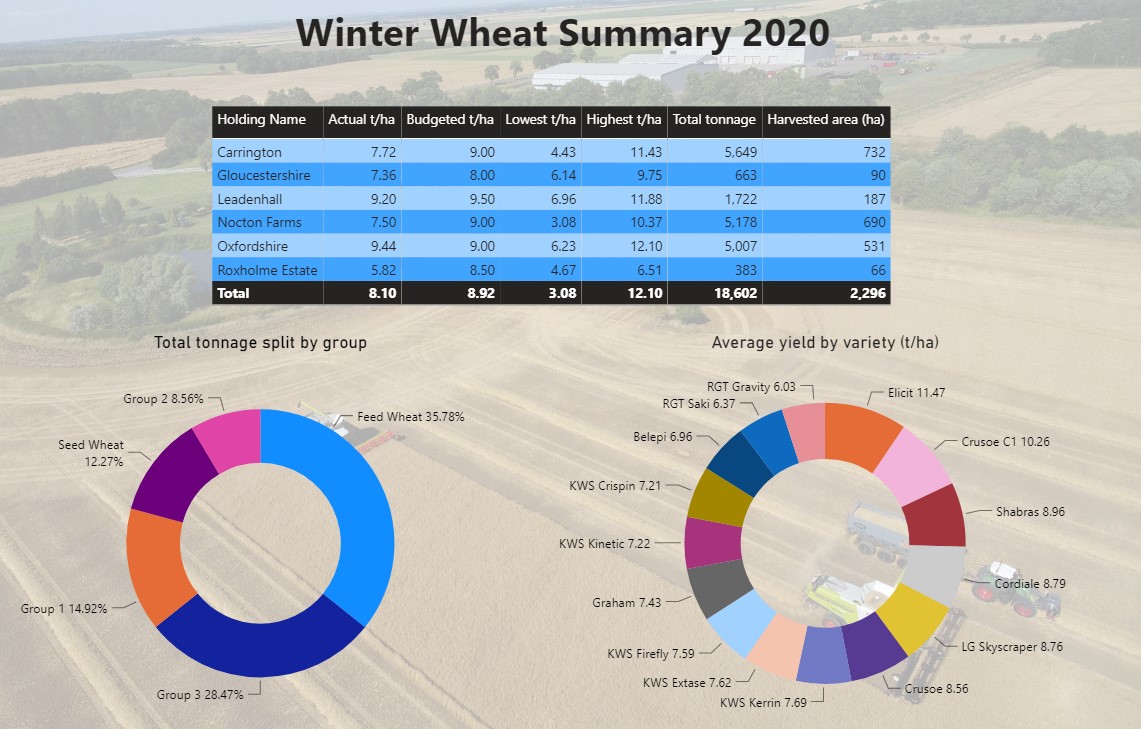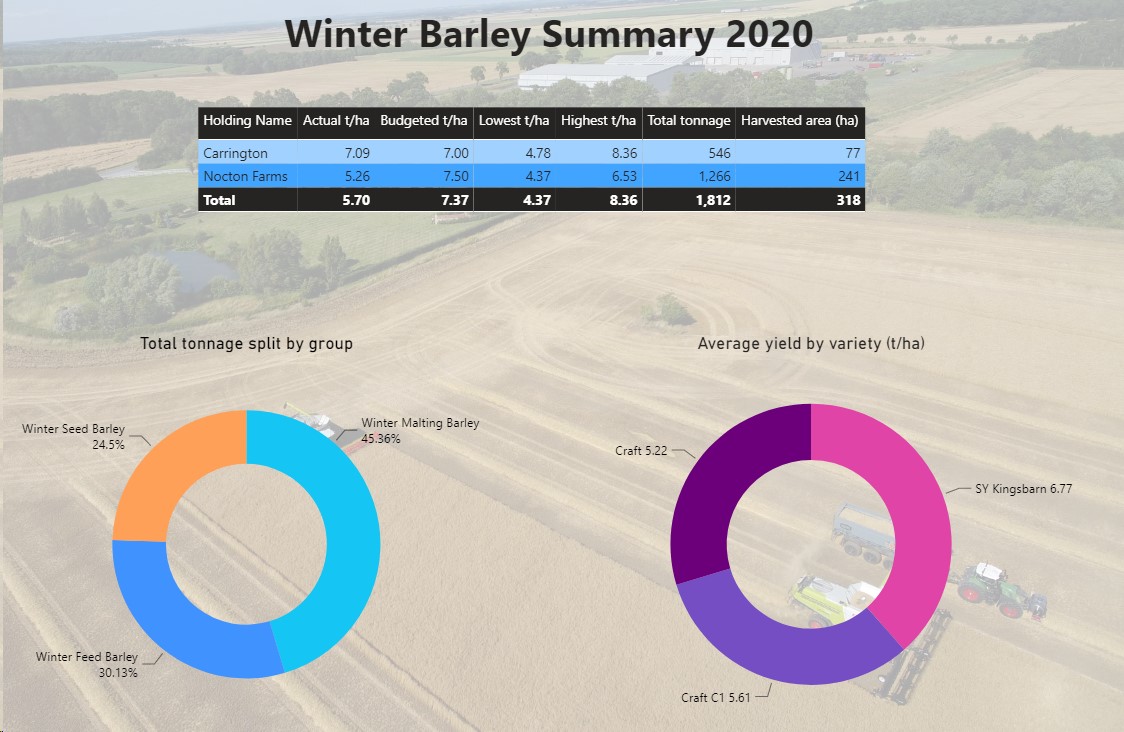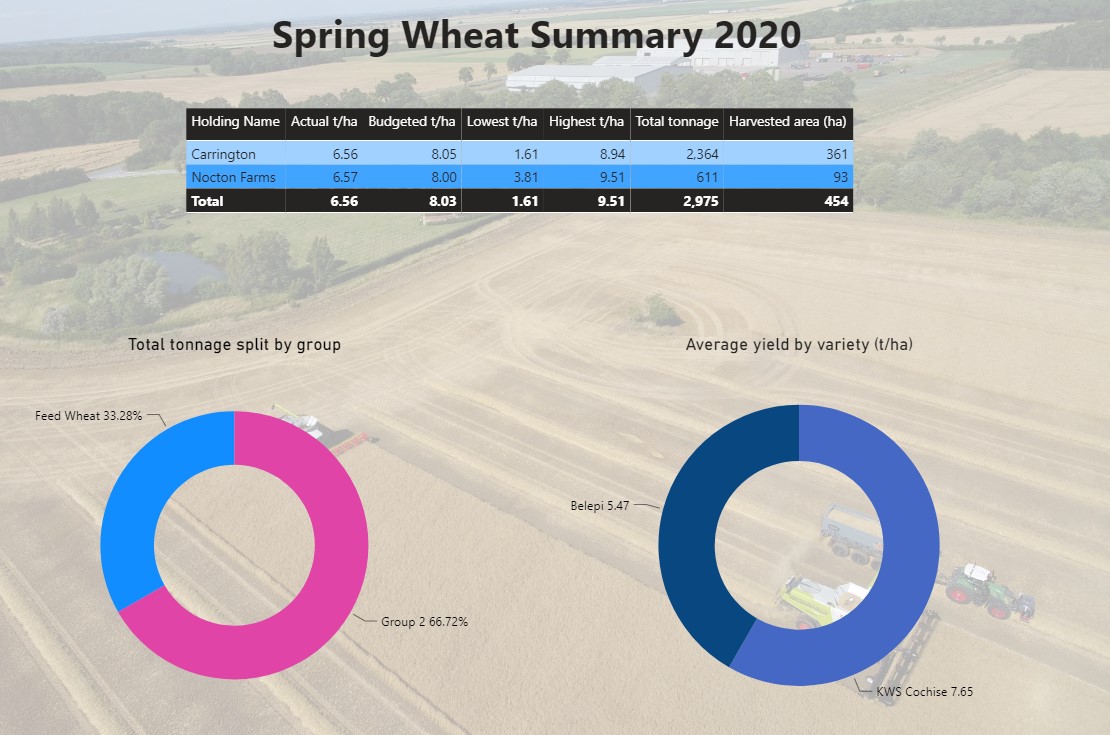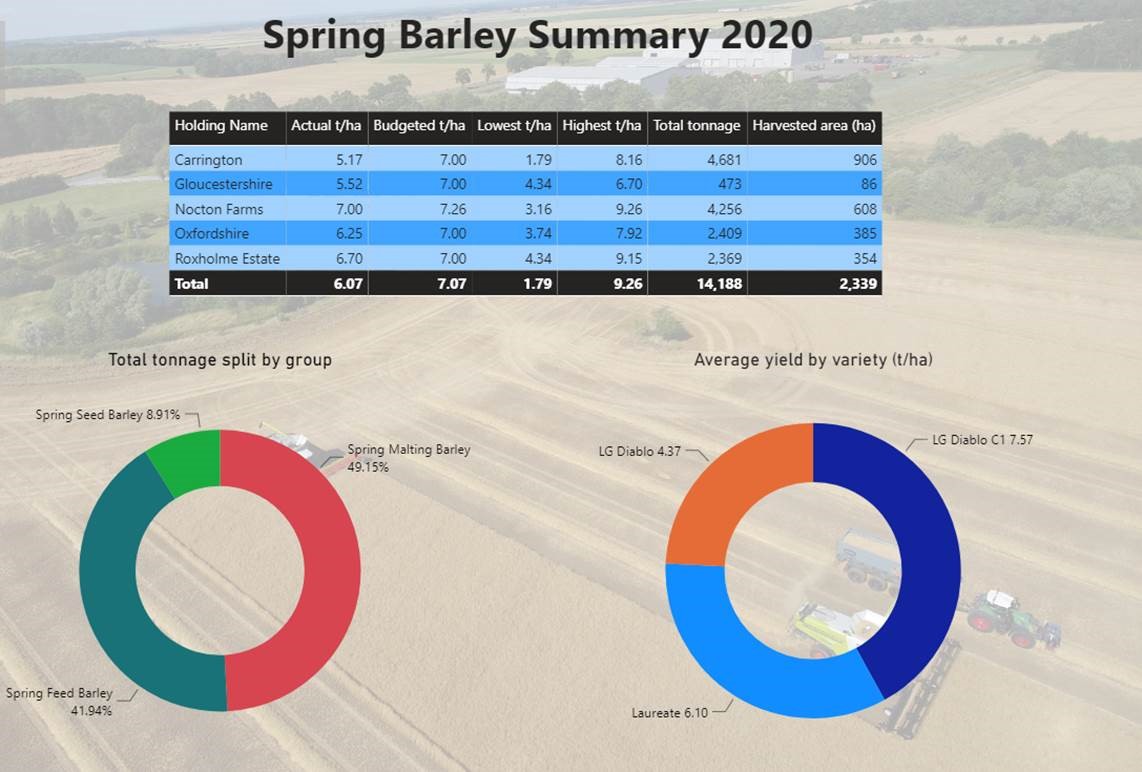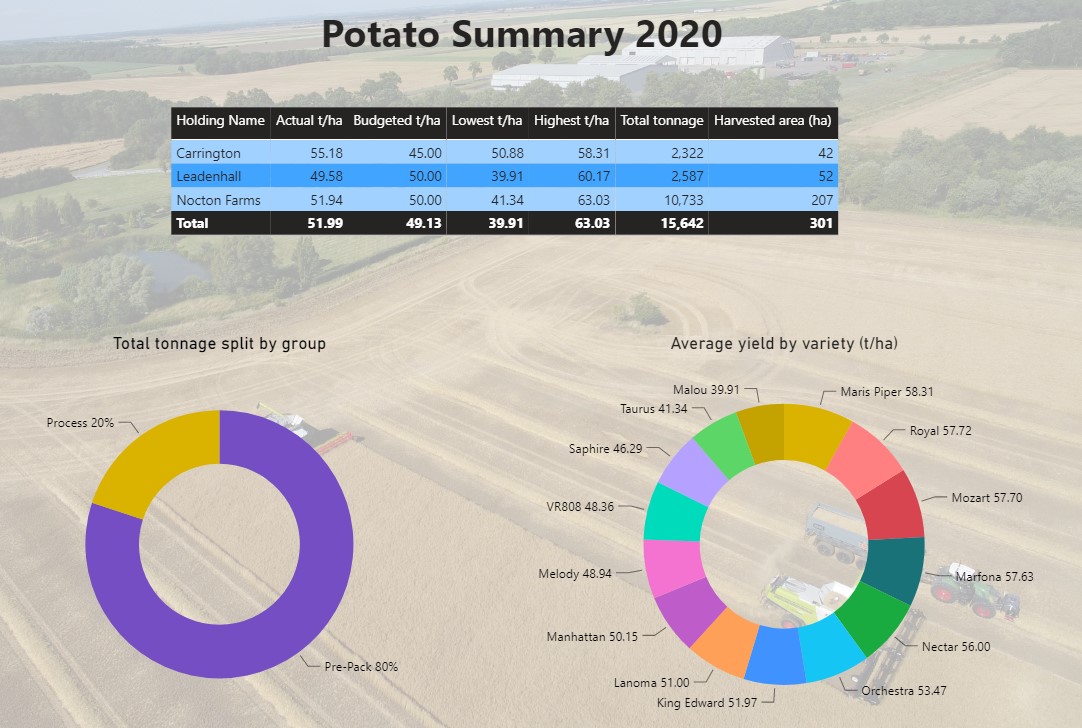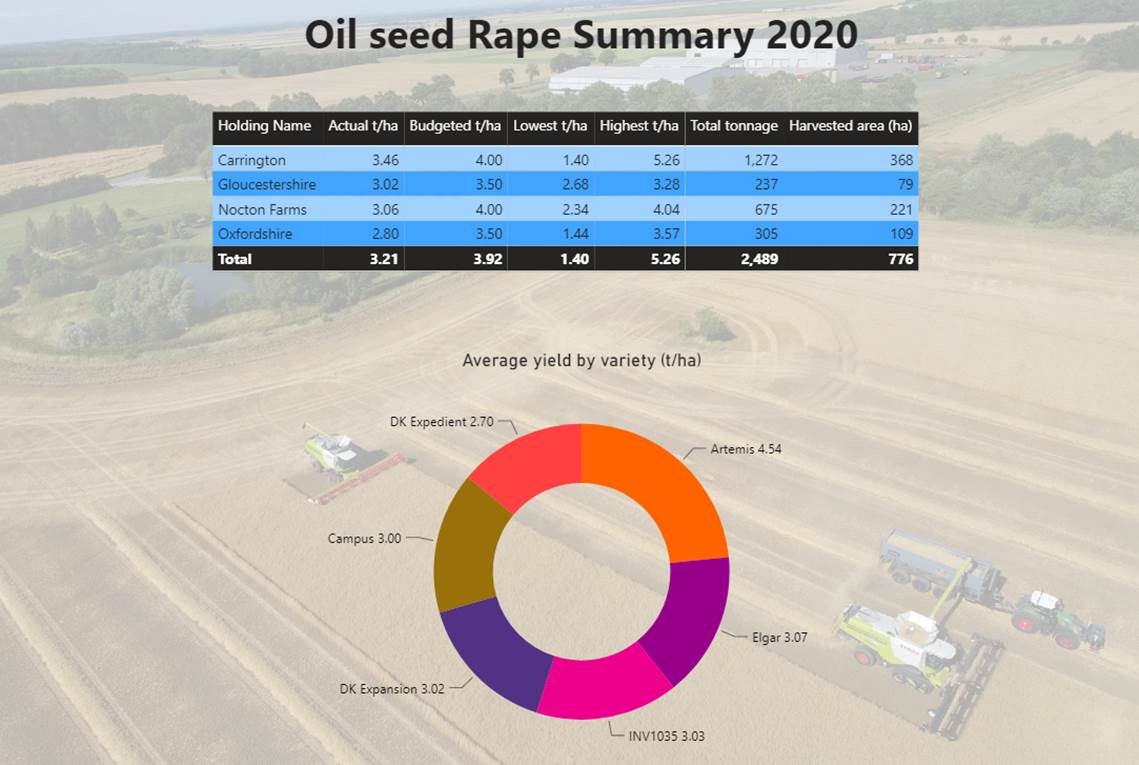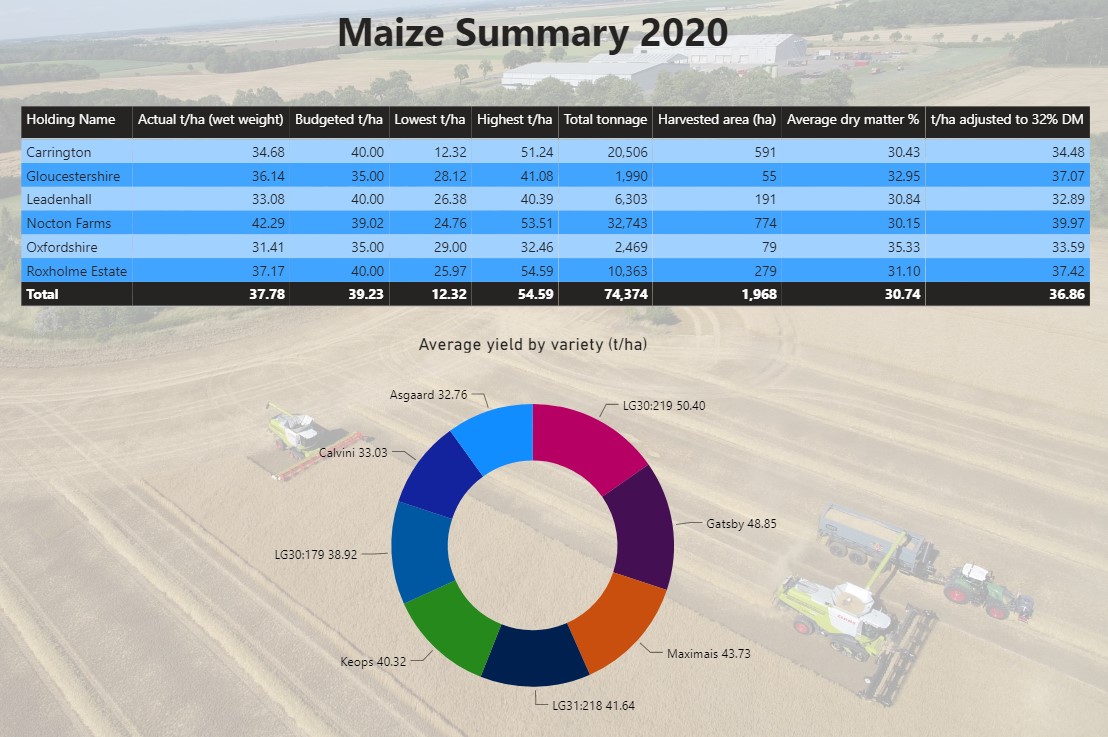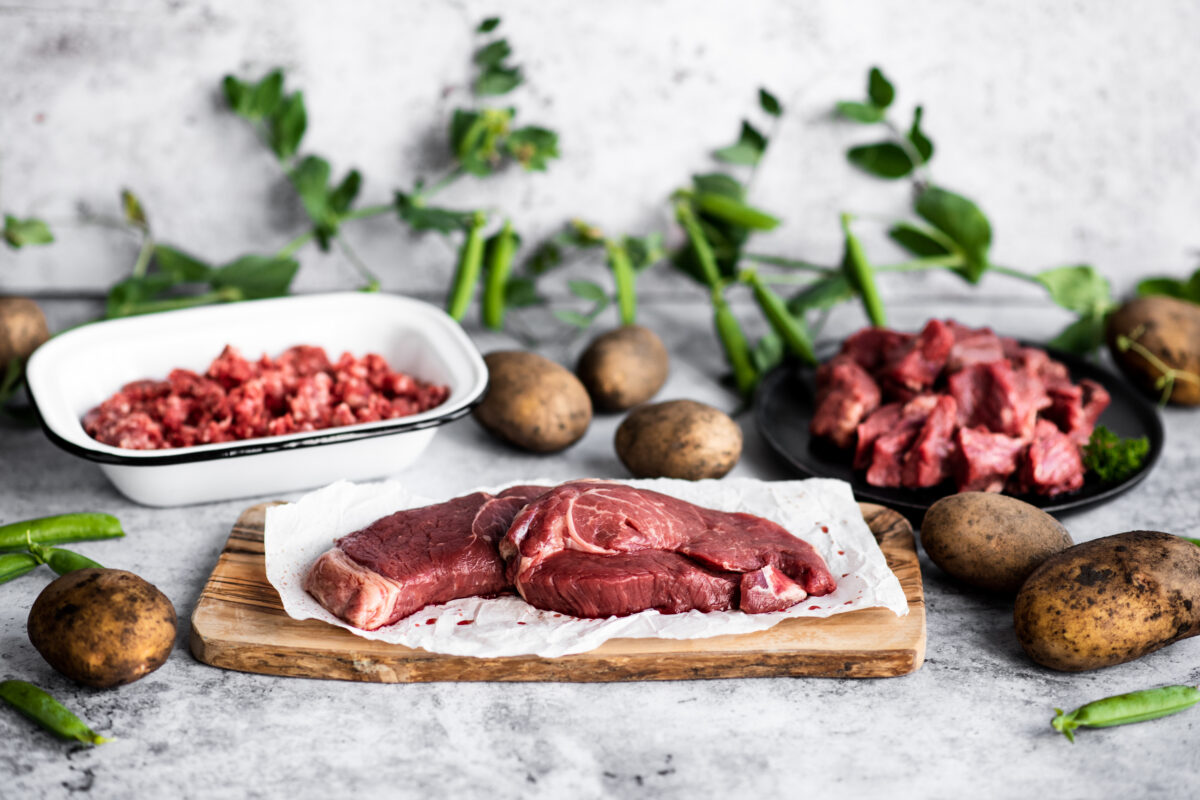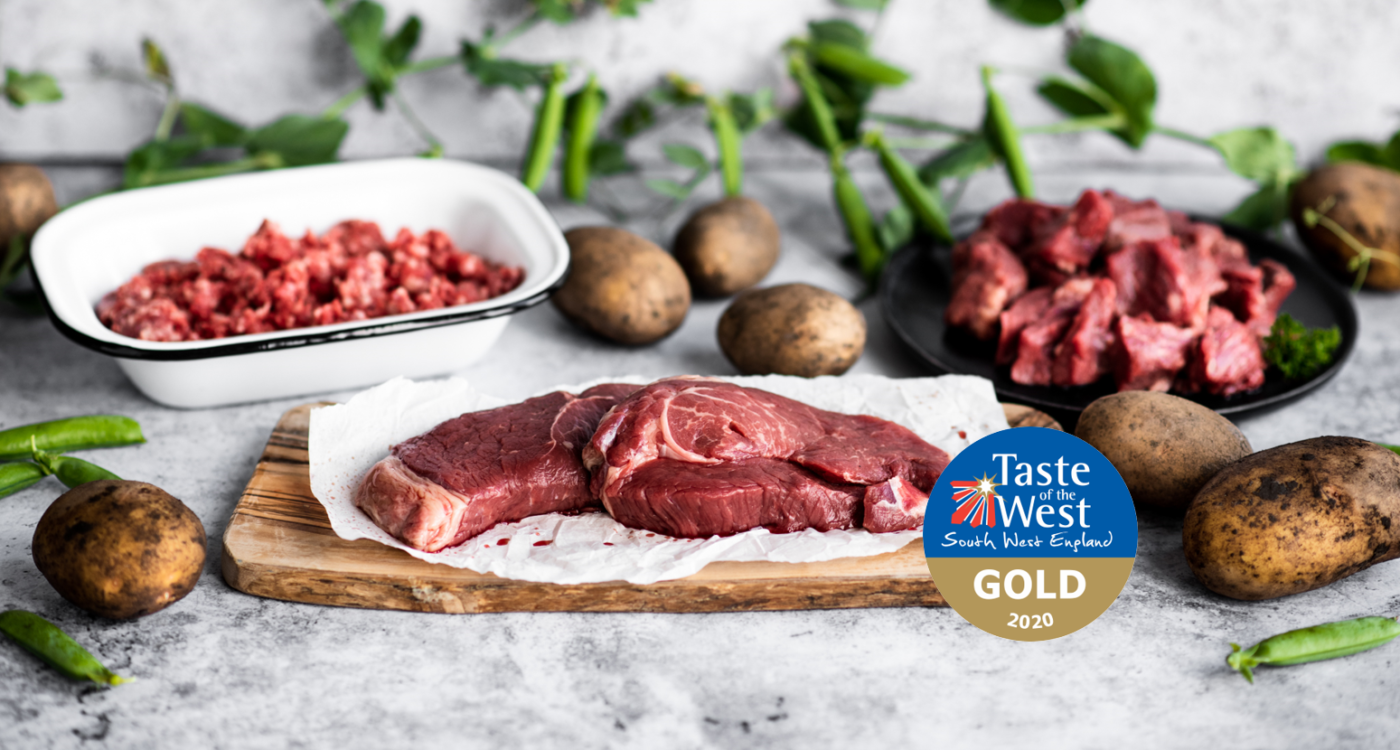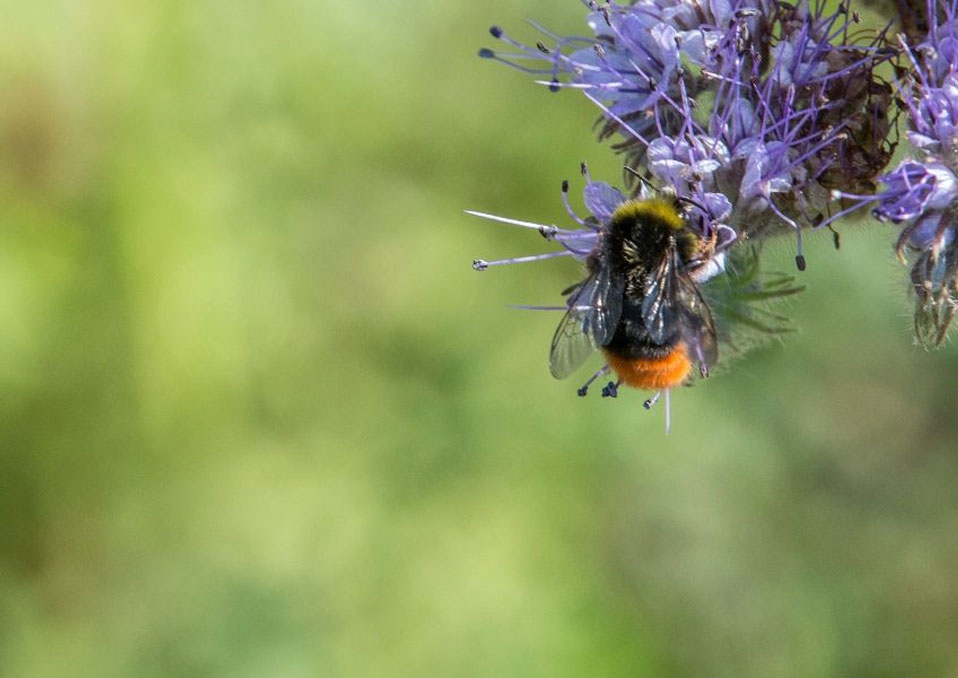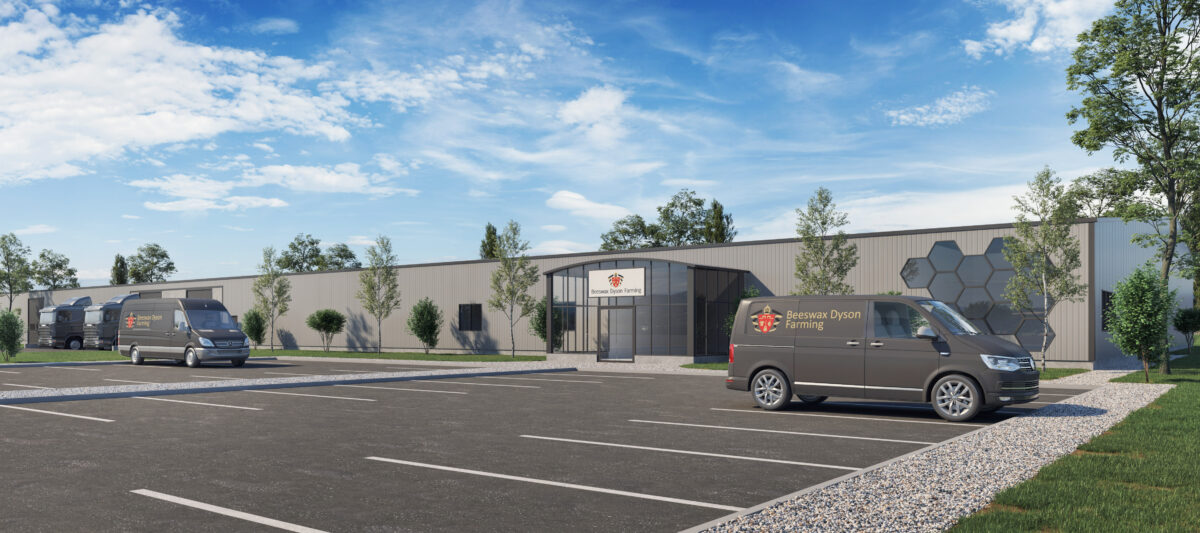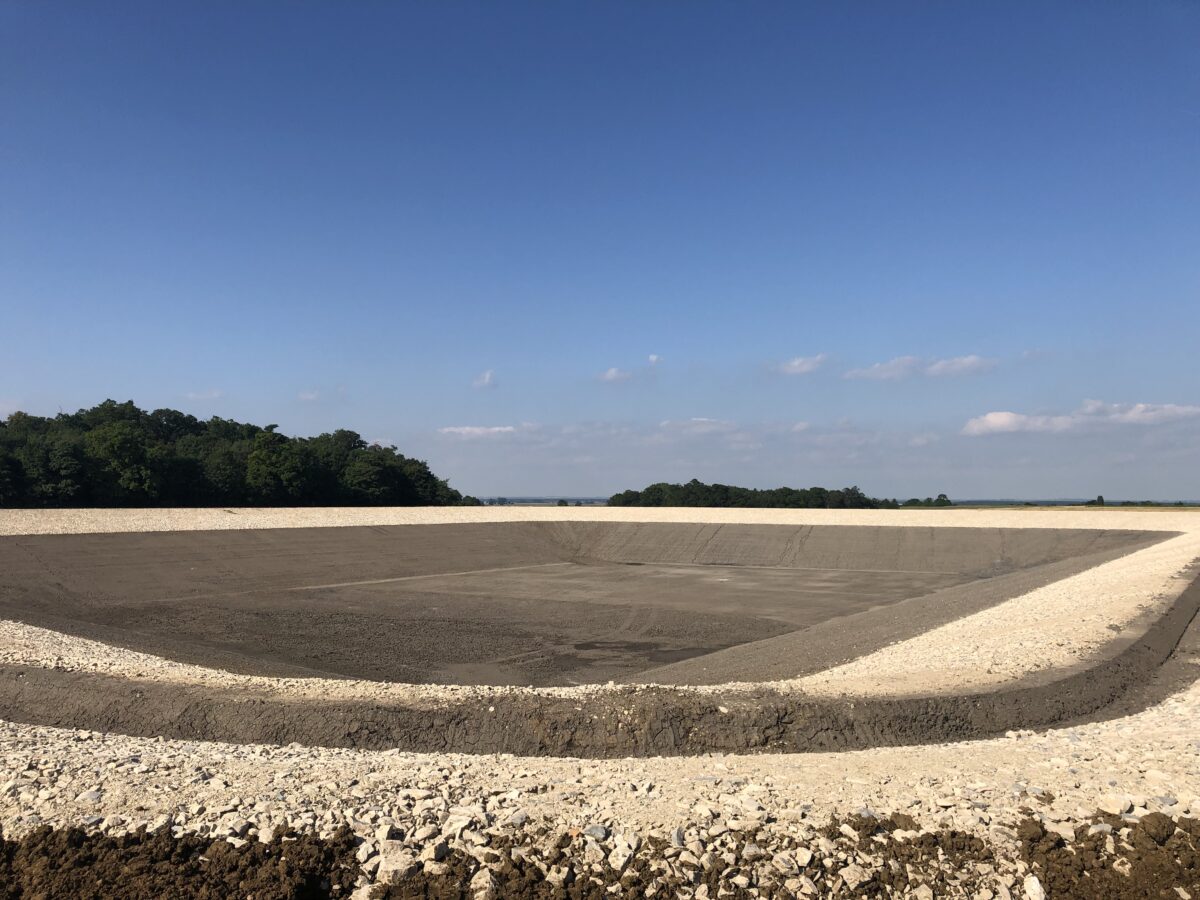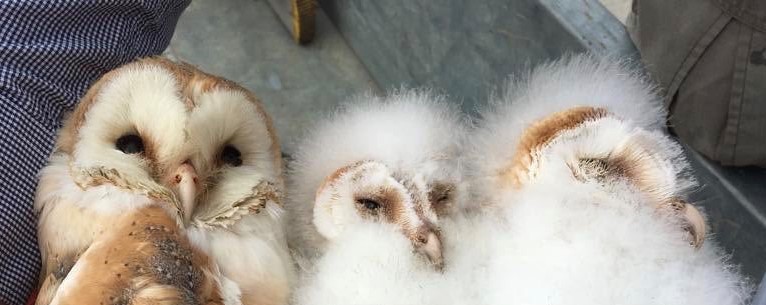Dyson Farming has been awarded a European Agricultural Fund for Rural Development Grant to support the creation of a 45 million gallon reservoir and crop irrigation system which will improve quality and productivity. It will also expand certain areas of the farming business, enabling the more efficient management and protection of our valuable water resource.
Around the edge of the newly built reservoir, an environmental scrape has been established to provide habitat and shelter to a wide range of invertebrates, amphibians and small mammals.
Being located adjacent to a woodland, which is being managed for biodiversity and habitat, the reservoir will increase the foraging area for species such as bats. Sand Martins and House Martins, which are local to the area, will also benefit from the increased abundance of food sources.
The large surface area of water within the shelter of the Nocton landscape should provide a perfect habitat for migratory wetland birds.
The increased unpredictability of the UK climate has led to a growing need to consider both water resources and water management for the future. Dyson Farming currently has a licence for abstraction of water from the River Witham and Carr Dyke in the summer months. The reservoir will enable a large proportion of the 53.3 million gallons of summer extraction to be converted to winter peak flow extraction.
The benefits are twofold:
· Reduced abstraction required during drier periods which limits the impact on aquatic environments and wildlife – particularly within the historically important Carr Dyke and the Dunston Beck.
· Improved security of water supply during the summer months to ensure quality of food and renewable energy crops grown at Nocton.
We have been corresponding with the Environment Agency and the Internal Drainage Board in recent years about converting summer abstraction to winter peak flow as this will benefit the environment generally. Having the right flow in our rivers and protecting groundwater levels is essential to supporting ecological networks, enhancing natural resilience to drought, and ensuring that rivers continue to support well-being and recreation. Sustainable water abstraction is therefore essential to ensure that river flows and groundwater levels support wildlife and natural resilience.

The European Agricultural Fund for Rural Developments: Europe investing in rural areas
Project: Dyson Farming Ltd – Construction of approximately 45 million gallon reservoir, pump house and ring main at Nocton, Lincolnshire.
Around the edge of the newly built reservoir, an environmental scrape has been established to provide habitat and shelter to a wide range of invertebrates, amphibians and small mammals.
Being located adjacent to a woodland, which is being managed for biodiversity and habitat, the reservoir will increase the foraging area for species such as bats. Sand Martins and House Martins, which are local to the area, will also benefit from the increased abundance of food sources.
The large surface area of water within the shelter of the Nocton landscape should provide a perfect habitat for migratory wetland birds.
The increased unpredictability of the UK climate has led to a growing need to consider both water resources and water management for the future. Dyson Farming currently has a licence for abstraction of water from the River Witham and Carr Dyke in the summer months. The reservoir will enable a large proportion of the 53.3 million gallons of summer extraction to be converted to winter peak flow extraction.
The benefits are twofold:
· Reduced abstraction required during drier periods which limits the impact on aquatic environments and wildlife – particularly within the historically important Carr Dyke and the Dunston Beck.
· Improved security of water supply during the summer months to ensure quality of food and renewable energy crops grown at Nocton.
We have been corresponding with the Environment Agency and the Internal Drainage Board in recent years about converting summer abstraction to winter peak flow as this will benefit the environment generally. Having the right flow in our rivers and protecting groundwater levels is essential to supporting ecological networks, enhancing natural resilience to drought, and ensuring that rivers continue to support well-being and recreation. Sustainable water abstraction is therefore essential to ensure that river flows and groundwater levels support wildlife and natural resilience.

The European Agricultural Fund for Rural Developments: Europe investing in rural areas
Project: Dyson Farming Ltd – Construction of approximately 45 million gallon reservoir, pump house and ring main at Nocton, Lincolnshire.
